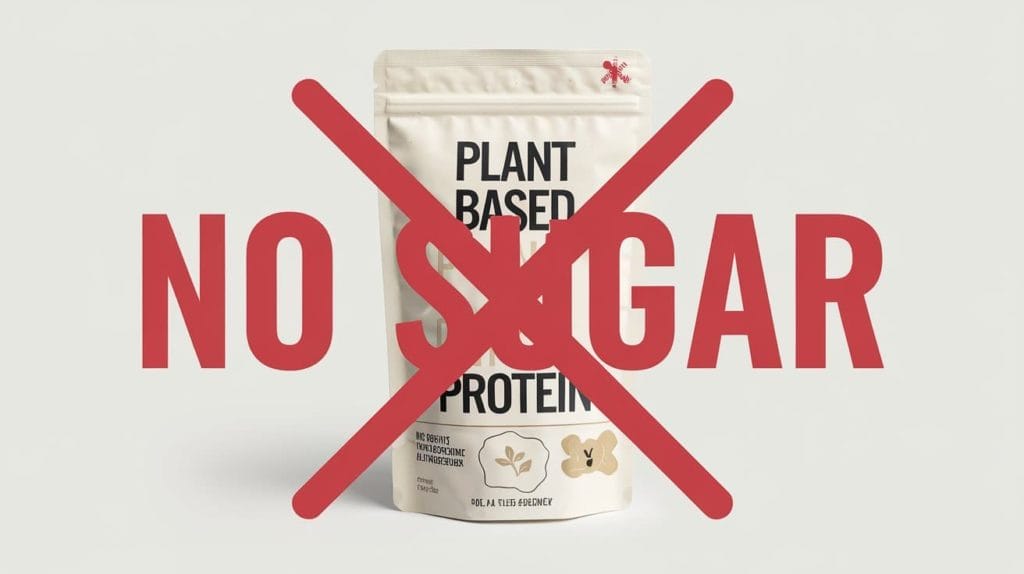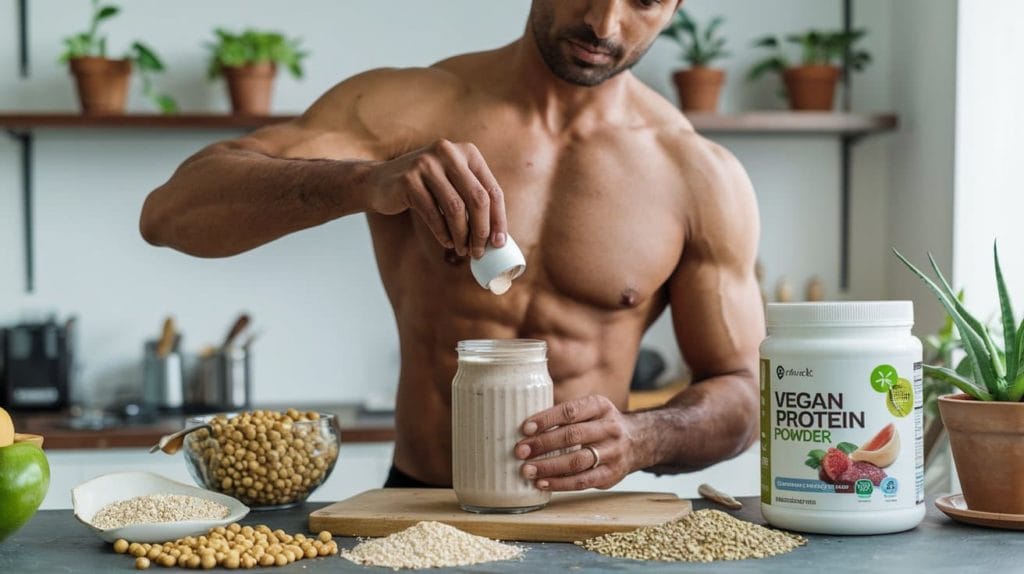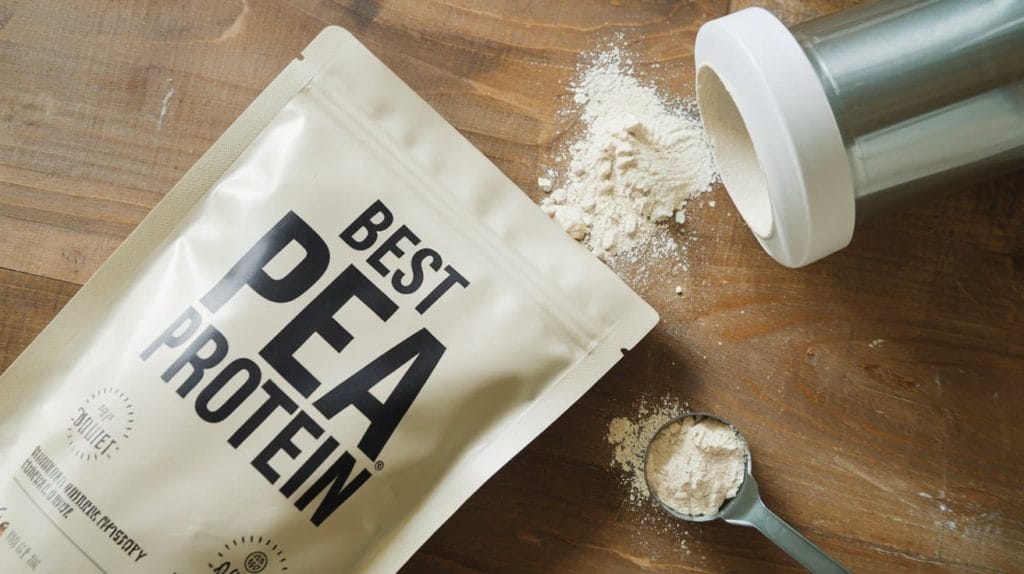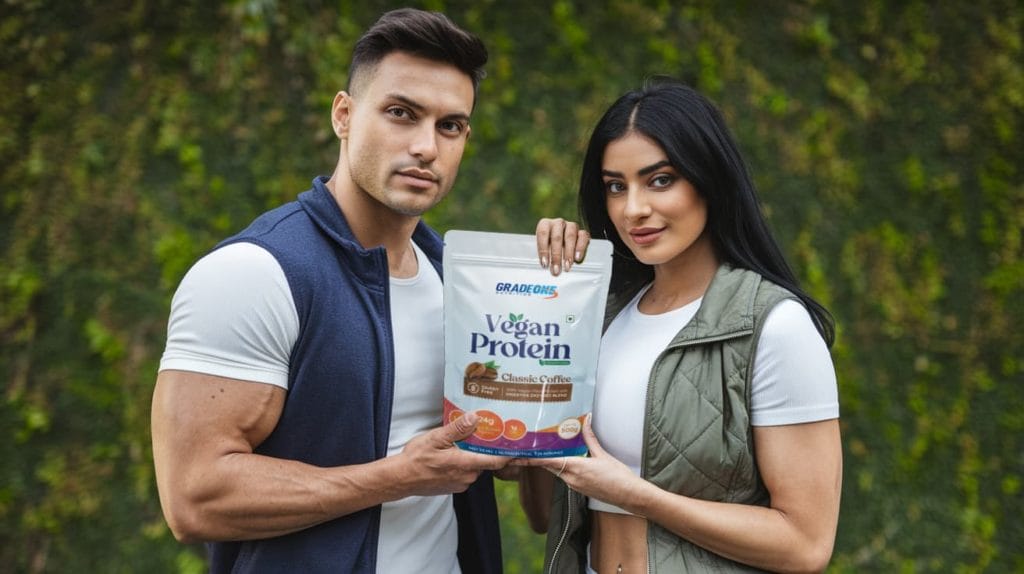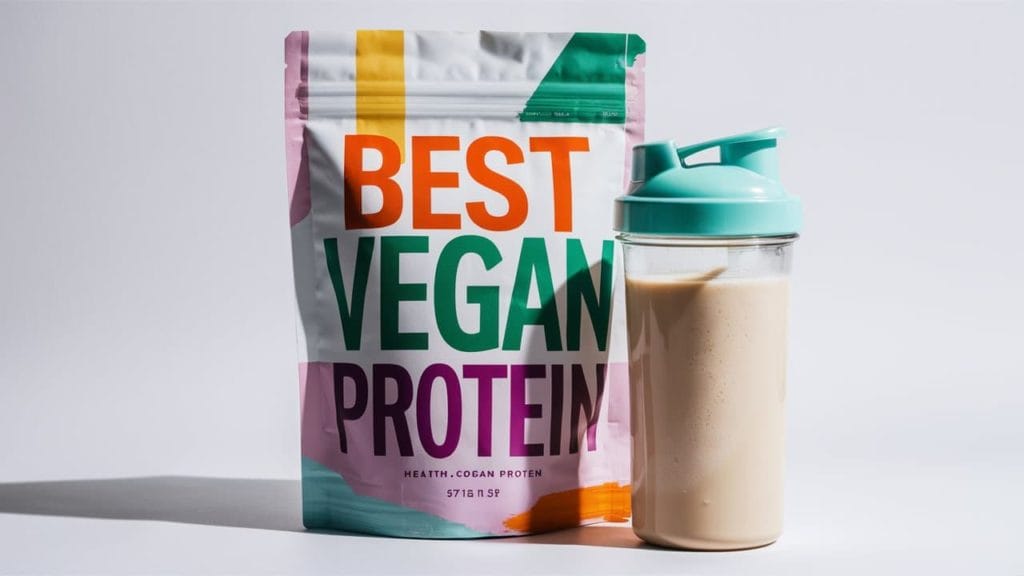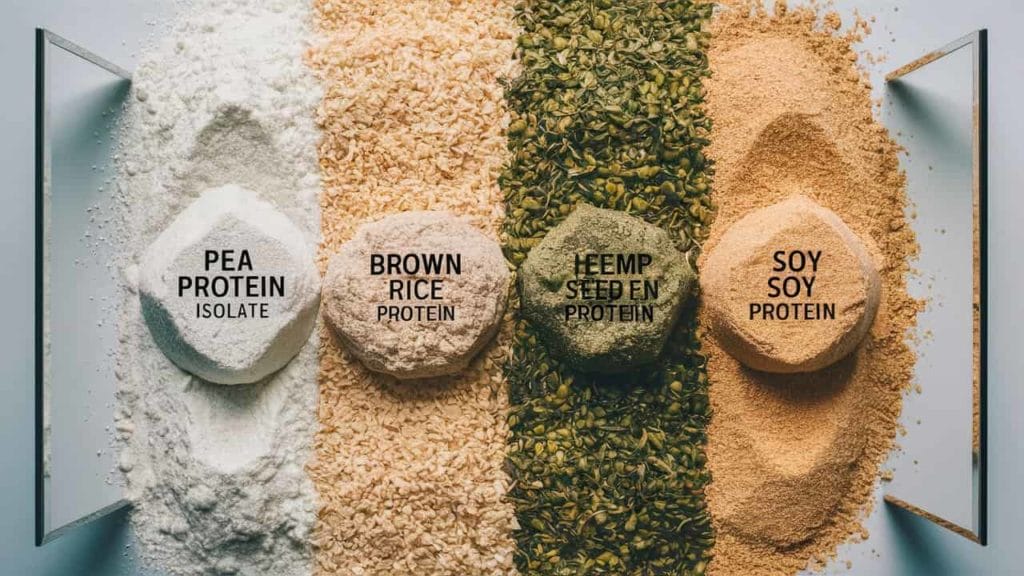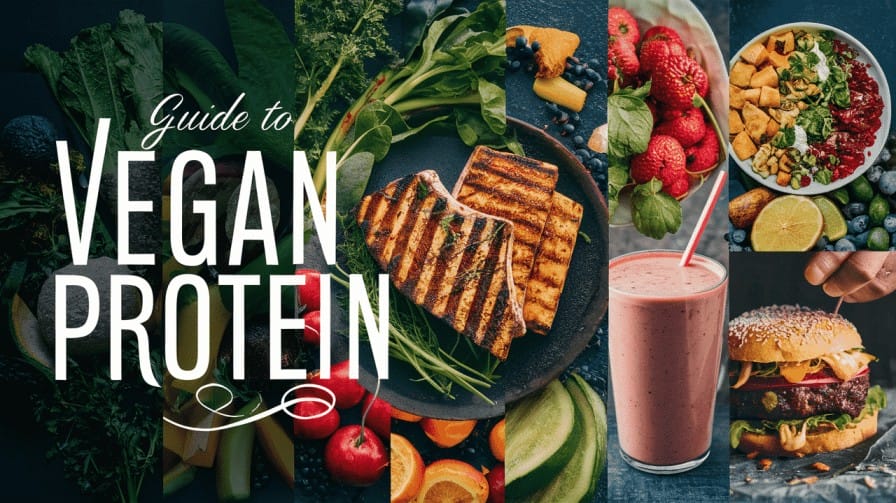Post-workout nutrition plays a pivotal role in how well your body recovers from exercise. It’s during this recovery period that muscles repair, grow stronger, and prepare for the next workout. While fitness enthusiasts have long favoured traditional sources of protein such as whey, there is a growing trend towards vegan protein, which offers a multitude of benefits that are particularly suited to the recovery phase. In this article, we will explore the reasons why vegan protein is perfect for post-workout recovery, addressing both its nutritional advantages and its broader benefits.
1. Complete Protein Source: Debunking the Myth
One of the most persistent myths about vegan protein is that it is not a complete protein source, meaning it lacks one or more of the essential amino acids that the body cannot produce on its own. However, this is not the case with modern vegan protein blends. By combining multiple plant-based protein sources such as pea, rice, and hemp, manufacturers can create products that provide all nine essential amino acids. This makes vegan protein just as effective, if not more so, than traditional animal-based proteins for muscle repair and recovery.
The Importance of Amino Acids in Recovery:
Amino acids are the building blocks of protein, and they play a critical role in the recovery process. After a workout, your muscles are in a state of repair. Protein, broken down into amino acids, is essential for this repair process. Leucine, in particular, is a branched-chain amino acid (BCAA) that stimulates muscle protein synthesis, which is crucial for recovery. Vegan protein powders, especially those that include pea protein, are rich in leucine and other BCAAs, ensuring that your muscles get exactly what they need to recover and grow.
2. Easily Digestible: Gentle on the Gut
Post-workout, your body is in a state where it needs nutrients quickly. This is where the digestibility of your protein source becomes critical. Many people find that animal-based proteins, especially whey, can cause digestive discomfort such as bloating, gas, and stomach cramps. This is often due to the lactose content in whey, which many people have difficulty digesting.
Why Vegan Protein is Easier to Digest:
Vegan protein powders, particularly those derived from peas, are hypoallergenic and free from common allergens such as dairy, gluten, and soy. They are also naturally low in fats and carbohydrates, making them easy on the digestive system. This means that the nutrients can be absorbed more quickly and efficiently, getting to your muscles faster and without causing any digestive distress. For those with sensitive stomachs or food intolerances, vegan protein is an excellent option.
3. Rich in Antioxidants and Fibre: Beyond Just Protein
One of the unique advantages of vegan protein is that it often comes with additional health benefits beyond just protein content. Plant-based proteins are naturally rich in antioxidants and fibre, which are not typically found in animal-based protein powders.
The Role of Antioxidants in Recovery:
Antioxidants are substances that protect your cells from damage caused by free radicals, which are unstable molecules that can lead to inflammation and oxidative stress. After intense exercise, your body produces more free radicals, and this is where antioxidants come into play. By reducing oxidative stress, antioxidants help to speed up the recovery process, reduce muscle soreness, and improve overall health.
Fibre and Gut Health:
Fibre is another important component of many vegan protein powders. Fibre is essential for good digestion and helps maintain a healthy gut microbiome, which is increasingly recognised as important for overall health and well-being. A healthy gut can aid in better nutrient absorption, which is crucial during the recovery phase when your body is rebuilding and repairing itself.
4. Sustainable and Ethical Choice: Fitness with a Conscience
The benefits of vegan protein extend beyond the individual; they also have significant positive impacts on the environment. The production of plant-based proteins is far more sustainable than that of animal-based proteins, which require large amounts of land, water, and other resources. Additionally, animal agriculture is a major contributor to greenhouse gas emissions, which are driving climate change.
The Environmental Impact of Vegan Protein:
Vegan protein sources like peas, hemp, and rice require fewer resources to produce than animal proteins. They also generate significantly less greenhouse gas emissions. For instance, pea protein production emits approximately 70% less carbon dioxide than beef production. By choosing vegan protein, you are not only supporting your own health and fitness but also contributing to the health of the planet.
Ethical Considerations:
For many, the choice to use vegan protein is also an ethical one. The production of vegan protein does not involve the exploitation of animals, making it a more humane option. For those who care about animal welfare, vegan protein offers a way to support their fitness goals without compromising their values.
5. Best Vegan Protein for Muscle Recovery: What to Look For
When selecting a vegan protein powder, it’s important to choose one that meets your specific post-workout needs. Not all vegan proteins are created equal, and some may be better suited to recovery than others.
Key Components to Look For:
- Complete Amino Acid Profile: Ensure the protein powder includes a blend of sources that provide all essential amino acids.
- BCAAs and Glutamine: These are crucial for muscle recovery, reducing soreness, and supporting muscle repair.
- Minimal Ingredients: Look for products that are free from artificial additives, preservatives, and sweeteners.
- Added Nutrients: Some vegan protein powders include additional ingredients like turmeric or spirulina, which can offer extra anti-inflammatory and antioxidant benefits.
Top Vegan Protein Sources:
- Pea Protein: High in BCAAs, particularly leucine, and very digestible.
- Rice Protein: Complements pea protein to create a complete amino acid profile.
- Hemp Protein: Rich in omega-3 and omega-6 fatty acids, supporting heart health in addition to recovery.
6. Practical Tips for Incorporating Vegan Protein Post-Workout
Incorporating vegan protein into your post-workout routine is easy and versatile. Here are some practical tips to make the most of your recovery:
Protein Shakes:
The most common and convenient way to consume vegan protein is through a protein shake. Simply mix your preferred vegan protein powder with water, almond milk, or coconut water for a refreshing and nutritious post-workout drink. You can also add fruits, greens, or nut butter to enhance the flavour and nutritional content.
Smoothie Bowls:
If you prefer a more substantial post-workout meal, consider making a smoothie bowl. Blend your vegan protein powder with frozen fruits, a handful of greens, and a splash of plant-based milk. Top with nuts, seeds, and granola for added texture and nutrients.
Protein Pancakes:
For those who like to get creative in the kitchen, protein pancakes are a delicious way to incorporate vegan protein into your diet. Simply add a scoop of vegan protein powder to your pancake batter for a high-protein, post-workout breakfast.
Protein Bars:
If you’re on the go, vegan protein bars are a convenient option. Look for bars that are low in sugar and high in protein, with natural ingredients.
Conclusion
Vegan protein is more than just a plant-based alternative to traditional animal proteins; it is a superior option for post-workout recovery. With its complete amino acid profile, easy digestibility, and added health benefits, vegan protein provides everything you need to support muscle repair, reduce soreness, and enhance your overall recovery. Additionally, choosing vegan protein supports environmental sustainability and ethical consumption, making it a choice that benefits both you and the planet. By opting for the best vegan protein for muscle recovery, you’re taking a holistic approach to your fitness journey, ensuring that you are nourishing your body in the most effective and responsible way possible.

